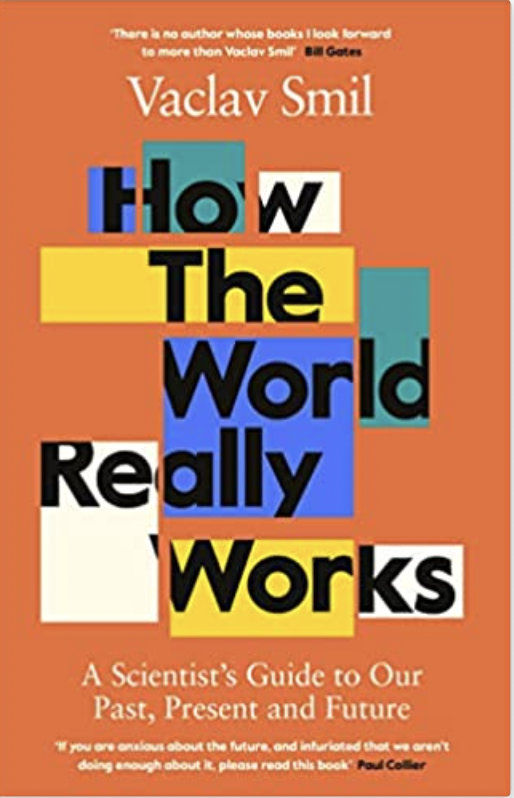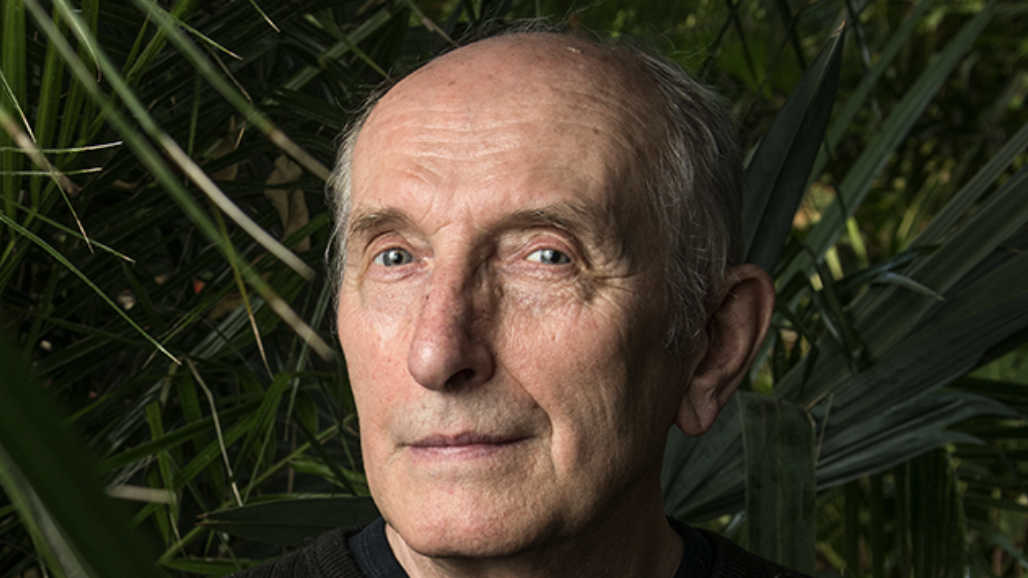
Energy in human affairs


Czech-born professor and Canadian scientist Vaclav Smil from the University of Manitoba, a world-leading expert on energy and an astonishing polymath, in a thought provoking book “How the World Works”, encounters the influential thinking, crushes complex data, with fundamental importance of energy in human affairs.
We never had so much information or disinformation at our fingertips and yet most of us don’t know how the world really works. Smil explains seven of the most fundamental realities governing our survival and prosperity, from energy and food production, though our material world and its globalization, to risks, our environment and its future. Because before we can even tackle problems effectively, we must understand the facts.
With globalization isn’t inevitable- the perils of allowing 70 per cent of the world’s rubber gloves to be made in just one factory became glaringly obvious in 2020 and that our societies have been steadily increasing their dependence on fossil fuels, making their complete and rapid elimination unlikely. Each greenhouse-grown supermarket-bought tomato requires the equivalent of five tablespoons of diesel oil for its production, and we still lack any commercially viable ways of making steel, ammonia, cement or plastics on the scale required globally without fossil fuels.
Smil tackles sources of misinformation head on – from Yuval Noah Harari to Noam Chomsky- and answers the most profound question of our age: are we irrevocably doomed or is a brighter utopia ahead? Looking the world through his quantitative lens reveals hidden truths that change the way we see our past, present and uncertain future.
A lack understanding has led to “proponents of a new green world naively calling for an near instant shift from abominable, polluting, and finite fossil fuels to superior, green and ever renewable solar electricity” writes Smil.
He agrees there are enormous opportunities to generate more electricity with solar cells and wind turbines, but in big populous nations, complete reliance on these renewables cannot be done without huge power storage systems or extensive grid upgrades to transmit green electricity over vast distances where it is needed.
Fossil fuels are also of existential importance when it comes to the agrochemicals and synthetic fertilisers used in the global food system. Purely organic farming which needs a much bigger rural workforce and would require us to leave cities and spend much of our time spreading animal manure.
His deep understanding of the slow pace of past energy transitions may make him overly pessimistic about the prospect of a rapid green transition today.
How the World Really Works: A Scientist’s Guide to Our Past, Present and Future by Vaclav Smil, Viking £20, 448 pages.
